Nigerian banks have climbed a performance escalator from the beginning of H1 2022, and the gains look reliable. The banking sector has seen a sustained rise in gross earnings and after-tax incomes. The key drivers are increases in digital incomes, the widening spread of net interest incomes, and modest growth of gross earnings. Ecobank Transnational Inc (ETI) has seen a slight twist. Less than a fifth of its gross operating revenues comes from Nigeria. Still, it has done fast-footed business in Francophone West Africa and East and Central Africa, with Anglophone West Africa stubbing its leg as rising inflation rates and tight monetary policy stall growth.
ETI's H1 2022 result showed top and bottom-line earnings growth, which rose by +13.71% and +27.7%, respectively. The group's effort at investing in technology and digital enhancements supported the fall in the cost-to-income ratio (CIR) to 56.0%. However, impairment charges increased due to higher credit risk. Analysts noticed the improvement in ROE and ROA, but LDR remained unchanged despite the increase in deposit and loan portfolio.
At a recent Investor's call conference, the management announced plans to issue a five-year promissory note to solve the liquidity constraint in its balance sheet. Initially, the bank preferred short-term funding, but the inverted yield curve in its different regions has nudged consideration in medium-term financing.
Regionally, the Nigerian business segment has lagged others concerning profitability. Analysts believe that diversity across the regions has supported the group's earnings growth, mainly profits earned in UEMOA and CESA regions.
Key Highlights
- Net interest income (NII) grew year-on-year (Y-o-Y) by +11.25% from N184.8n in H1 2021 to N205.6bn in H1 2022.
- PBT was up by +24.3% to N108.9bn in H1 2022 from N85.3bn in H1 2021
- Impairment charges on financial assets rose by +10.2% to N48.0bn in H1 2022 from N43.6bn in H1 2021.
- Total assets up Y-o-Y by +3.54% to N11.41trn from N11.02trn in H1 2021.
- Loans and advances to customers were up by +8.4% to N3.94trn from N3.63trn in H1 2021.
- Deposit from customers grew +5.82% from N7.86trn in H1 2021 to N8.32trn in H1 2022.
- Total equity rose Y-o-Y +2.50% to N823.23bn from N803.18bn in H1 2021.
- Basic earnings per share (EPS) rose from N174.21 in H1 2021 to N220.92 in H1 2022
- Cost-to-income ratio (CIR) dipped by -4.67% to 56.0% in H1 2022 from 58.7% in H1 2021
Share Price: Understanding a Bear Crawl
ETI's YTD share price movement reflects a volatility trend, staggering around N8.90k and N11.95k in January. In February it rose to the highest of N13.10k by +9.6% but afterward continued the systemic fluctuation. The share price fell below the resistance of N10.00 in June following the first profit-sharing to investors in 5 years, it finally settled at N9.90k on 4th August 2022 (see chart below).
Gross Earnings Climb as Continental Operations Show Resilience
ETI's gross earnings for H1 2022 improved by +13.71% (Y-o-Y) to N503.63bn from N442.89bn in H1 2021. Interest income grew by +12.19% (Y-o-Y), supported by increased investment securities and loan advances. The significant rise in net interest income and non-interest revenue bolstered the uptick despite the +13.97% rise in interest expense.
In US dollars, gross earnings grew by +11.6% to US$ 1,216m in H1 2022 from US$1,090m, assisted by a +8.4% leap in net interest income (see chart below).
Profitability Grows as Fees and Commissions Head North
Following the decline in H1 2020, the group's PBT recovered for the second consecutive time in H1 2022, where it grew by +27.7%; the growth came on the back +11.25% rise in net interest income and a +20.9% hike in fee and commission income.
Regarding regional performance, UEMOA and AWA contributed the highest revenue growth, with CESA as the third, while Nigeria contributed a minor figure of N17.9m.
PBT had a slightly lower percentage growth of +24.3% in US dollars, from US$210.07m in H1 2021 to US$261.21m in H1 2022 (see chart below).
Impairment Charges Take a Tumble
From Proshare's analysis, the impairment charges on the group's financial assets rose to N48.02m from N43.57m in H1 2021, reflecting modestly heightened credit risk. The increase resulted from a +8.38% rise in loans and advances to customers and lower loan recoveries on the back of slowly melting growth.
As seen in the latest result of the group, the Nigerian business segment had the lowest impairment charge, followed by UEMOA (Francophone West Africa) and AWA (Anglophone West Africa). At the same time, the CESA (Central, Eastern & Southern Africa) region saw an impairment of N17.41m (see chart below).
The cost-to-income ratio (CIR) Claws Down
ETI's H1 2022 results showed an improvement of -4.67% (Y-o-Y) in its cost-to-income ratio (CIR), declining from 58.7% in 2021 to 56.0% in 2021. The growth in CIR was spurred by a +13.3% rise in operating income and a +7.98% growth in operating expenses. Analysts noted that ETI has consistently reported a decline in CIR over the last five years, indicating increased operating efficiency (see chart below).
Source: Eco Bank Financial Statement, Proshare Research.
Total assets Ratchet Up
Total assets have risen steadily over the last five years, from N8.09trn in H1 2019 to N11.41trn in H1 2022. Total assets rose by +3.54% (Y-o-Y) from 11.41 in 2021 to 11.02 in 2022. The continued rise in total assets was due to a combination of growth in loans and advances to customers and additional investment in securities, which accounted for 34.55% and 24.06% of total assets, respectively. Analysts point out that, despite selling 81.06% of its assets, ETI lost $1.37 billion on property and equipment sales. This suggests that the lender carried aged assets on its books and has N14.27bn in assets held for sale (see chart below).
Return on Equity (ROE) Exposes ETI's Soft but Resilient Underbelly
Despite ongoing economic uncertainty, ETI increased shareholder returns by cutting its cost-to-income ratio (CIR) by 4.00%, resulting in a lower ratio of 56.0% in H1 2022. ROE rose from 7.79% in H1 2021 to 9.39% in H1 2022. The total increase in ROE represents a N9.39k return on every hundred naira of equity invested in the group (see chart below).
Loan-to-Deposit Ratio (LDR) Nods Below Nigeria's 65% Prudential Threshold
ETI's loan-to-deposit ratio (LDR) remained at 54.5% in H1 2022. The group saw its highest five-year ratio of 59.9% in 2019, with a downward trending LDR in previous years. Despite the growth in the group's deposits of 5.56% between H1 2021 and H1 2022, the lender's LDR remained below the CBN's minimum threshold of 65% (see chart below).
Return on Assets: Making Assets Sweat Sweetly
ETI’s return on assets (RoA) rose from 0.57% in 2021 to 0.68% in 2022, representing an 11-basis point rise. Analysts observe that the bank acquired some assets during the period and utilized the assets to generate N77.31 bn in net income (see chart below).
Closing Thoughts
Anglo-West Africa seems to be on the backfoot as operations remain weak. Profitability growth of 8% between H1 2021 and H1 2022 in English-speaking West Africa (AWA) pales against the growth of 37% in Central, Eastern and South Africa (CESA) and 48% in Francophone Africa of 48%. The continental spread of ETI's operations has helped it hedge against the poor performance in Anglophone West Africa as the economies of Ghana, Nigeria, Sierra Leone and Liberia fizzle. Nigeria remains a perennial sick baby of the group's Africa performance, with relatively high CIR, high Cost of Risk (CoR) and low Loan-to-Deposit Ratio (LDR) weighing on the lending group's bottom line in the country.
Fortunately, the group has circumnavigated the Nigerian Central Bank's monetary policy tightness and foreign exchange squeezes to keep its group balance sheet relatively healthy. Growth in East and Central African markets has helped to reduce the severity of challenges in Nigeria and South Africa.
However, Nigeria remains an inconvenient headache. With over 200m people, a gross domestic product (GDP) of over US$400bn and a population growth rate of 2.6%, the country remains a primary African market, even with disposable income ripped by an inflation rate of 19.6% for July 2022. Ecobank Nigeria will have to learn to survive the brutal Nigerian reality by cutting down its CIR and CoR, raising its LDR and reducing its cost of funds as net interest income grows following the CBN's policy rate rise to 14%. The policy rate may rise 100basis points to 15% as the regulator tries to stem domestic inflation.
 Lagos, NG • GMT +1
Lagos, NG • GMT +1











 757 views
757 views













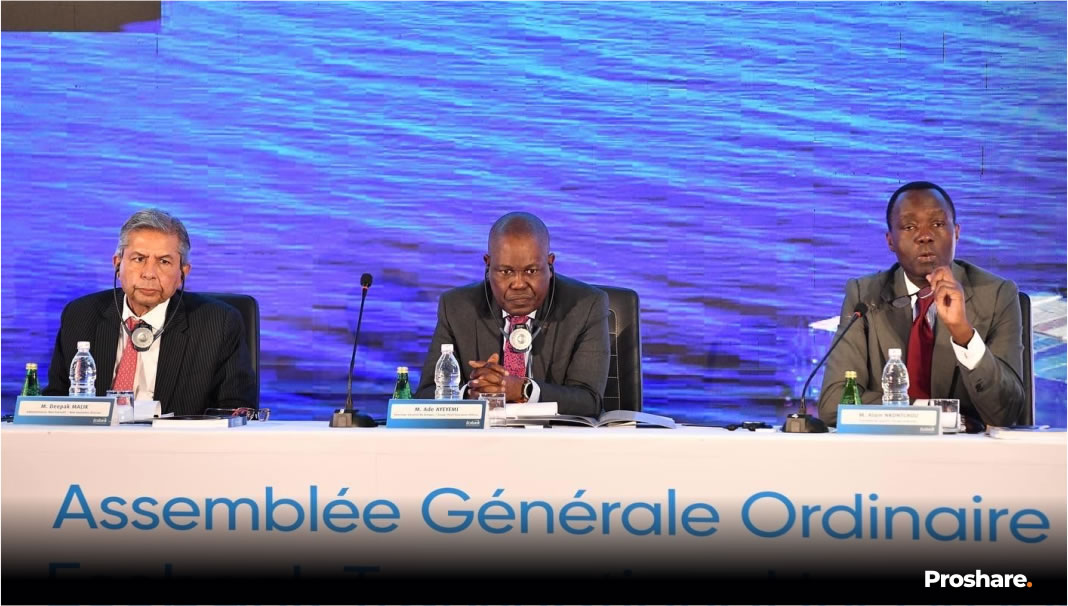
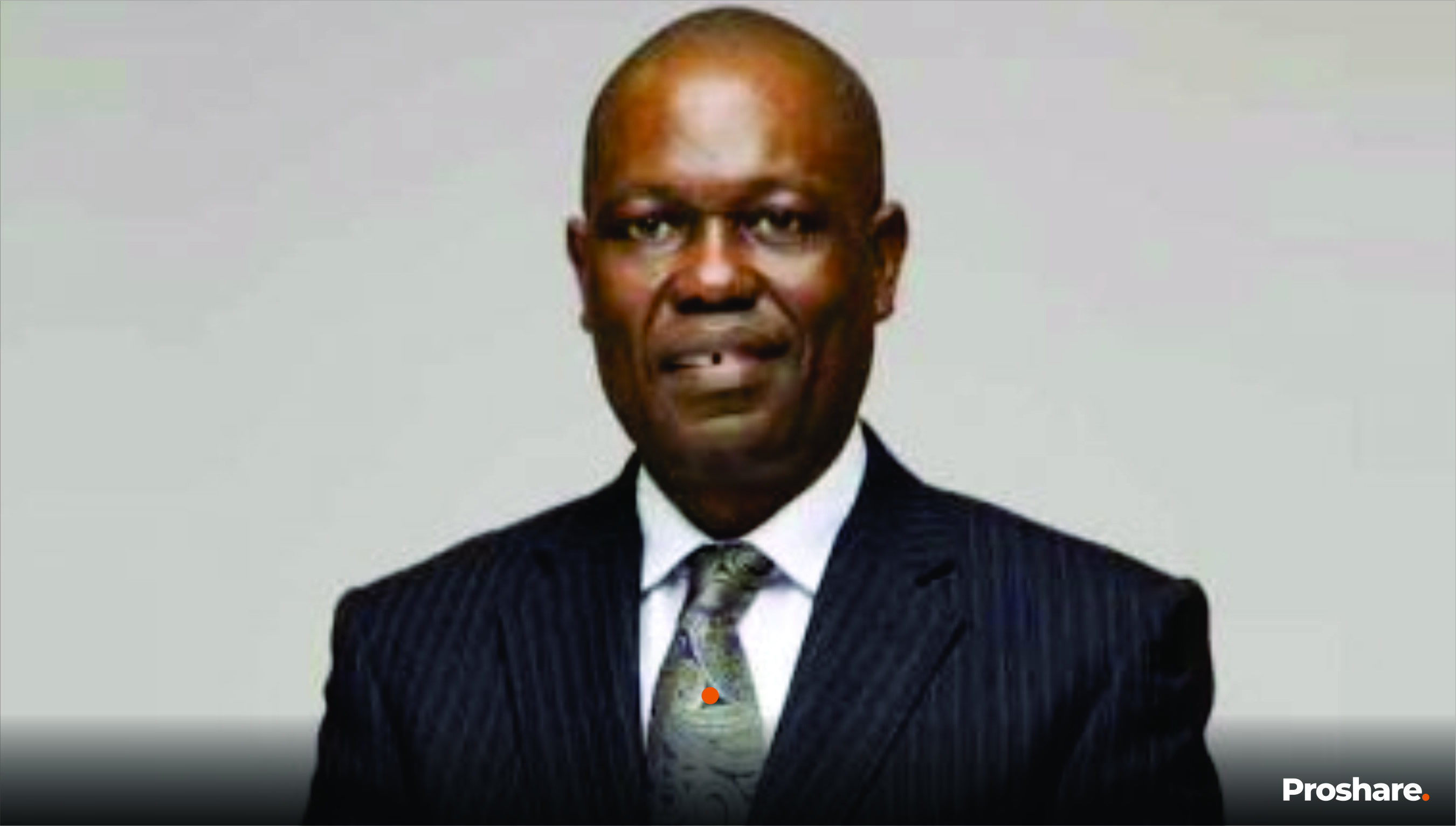


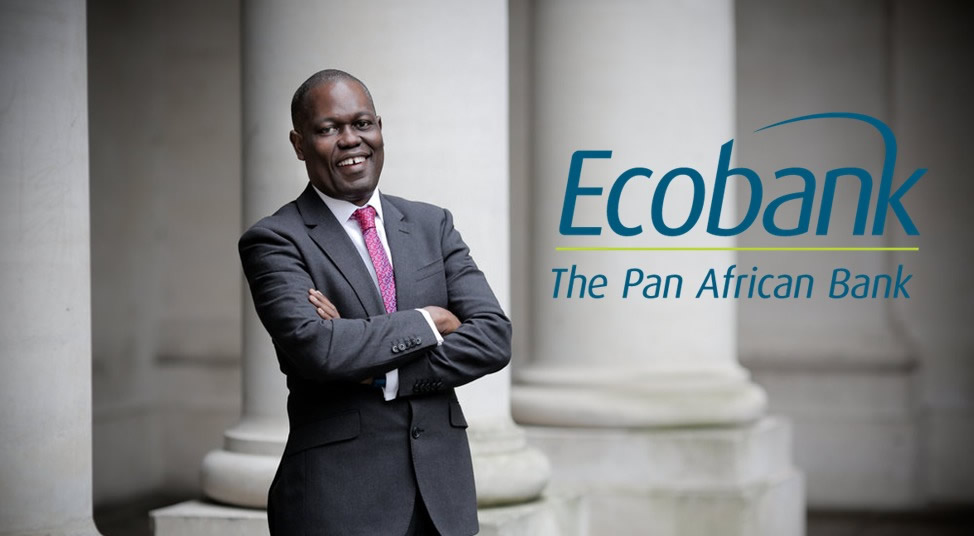
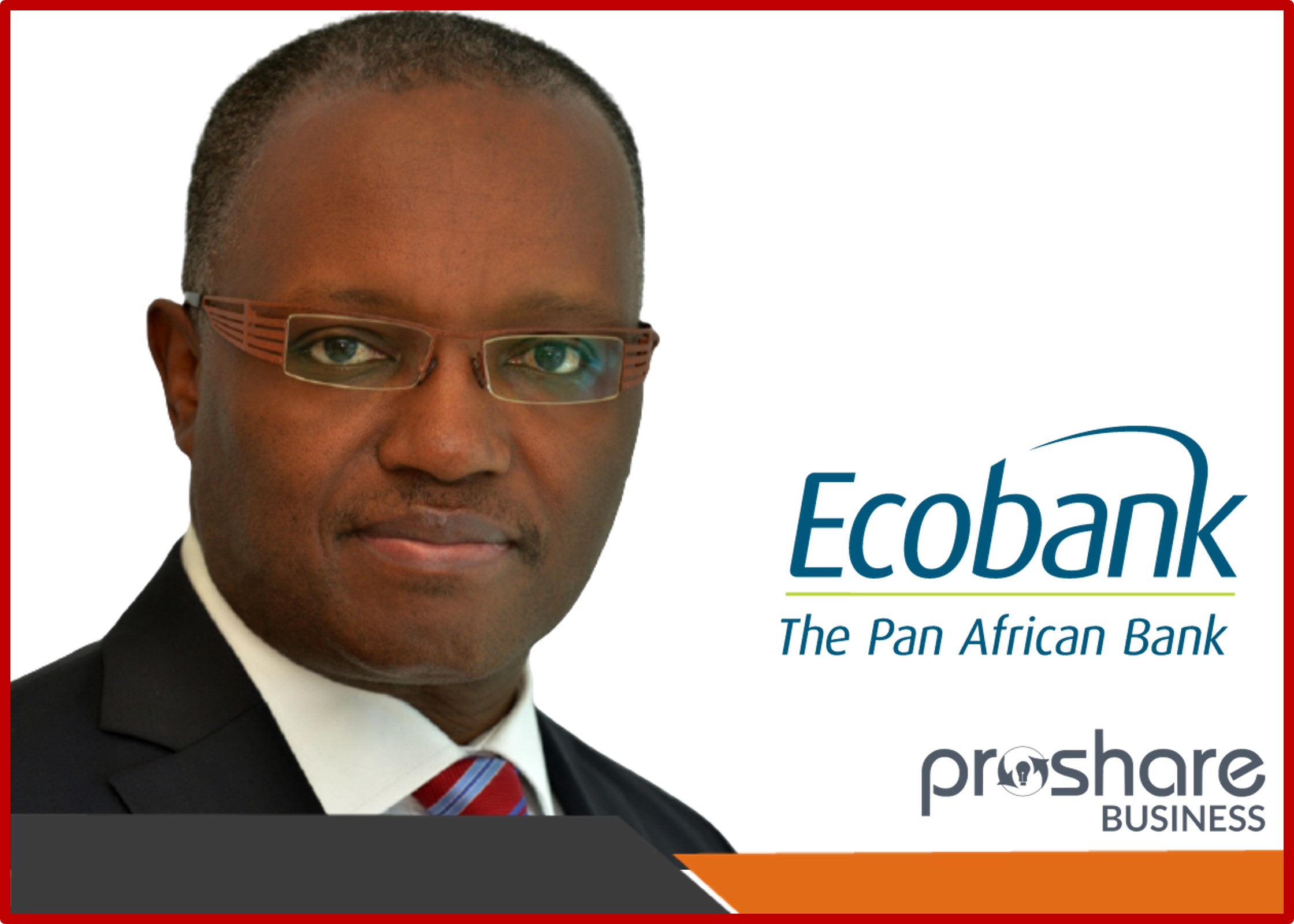
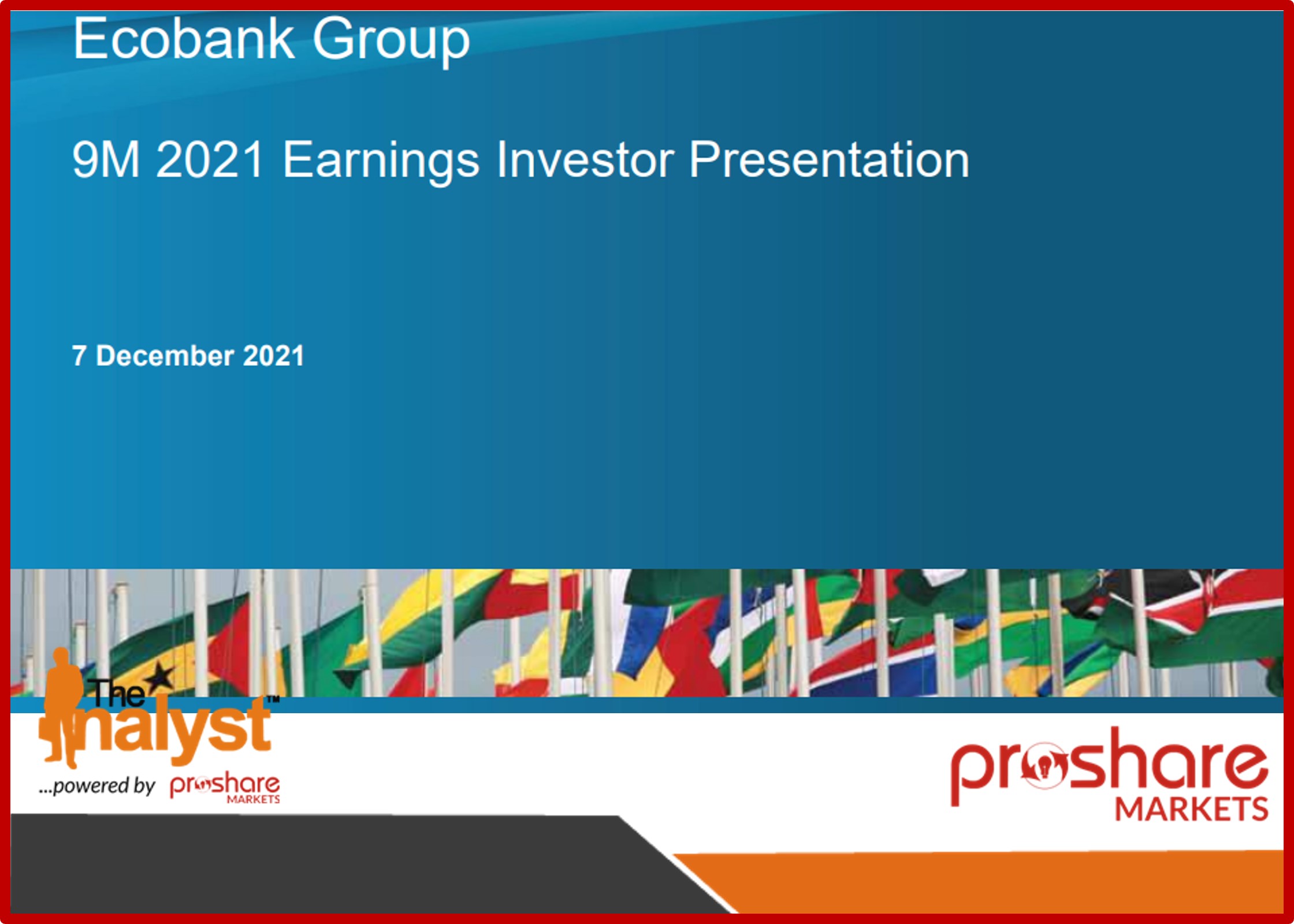





 Sponsored Ad
Sponsored Ad
 Advertise with Us
Advertise with Us









